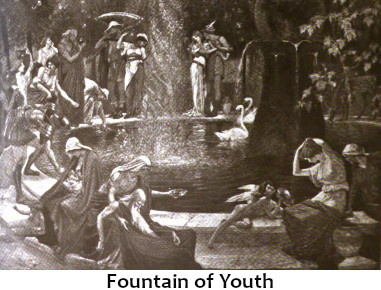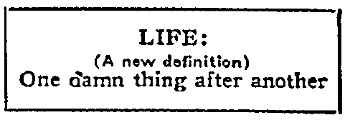Oscar Hammerstein II? Dorothy Hammerstein? Leonard Lyons?
Question for Quote Investigator: The division of credit between music composers and lyricists can be controversial. Some lyricists believe that their song writing skills are not given adequate respect. One vivid anecdote revealed the unhappiness of Dorothy Hammerstein who was the wife of the prominent Broadway song creator Oscar Hammerstein II.
During an extravagant New York gala Dorothy overheard a man effusively praising the song “Ol’ Man River”. The man’s remarks concluded with acclaim for the genius of Jerome Kern. Dorothy stepped forward and responded energetically:
Jerome Kern wrote ‘dum, dum, dum-dum’. My husband wrote “Ol’ Man River”.
Would you please explore the provenance of this tale?
Reply from Quote Investigator: The song “Ol’ Man River” was included in the 1927 theatrical production “Show Boat”. The earliest evidence of this story schema located by QI was published in the gossip column of Leonard Lyons in 1949; however, the aggrieved response was from Oscar Hammerstein II instead of his wife. Boldface has been added to excerpts. The ellipsis was present in the original text:1
Jules Styne, the composer of “High Button Shoes” and the forthcoming “Gentlemen Prefer Blondes,” was discussing the popular tendency to ascribe a hit song only to the composer and neglect the lyricist. He told of the time a series of Kern-Hammerstein songs were referred to as “Jerome Kern’s hits,” at a dinner where Oscar Hammerstein was to speak … “I guess that when Jerry Kern wrote the ‘Show Boat’ songs, they came out like this,” said Hammerstein, who then hummed “Old Man River,” and ran his fingers over his lips to produce a dribbling sound.
Here are additional selected citations in chronological order.
Continue reading “Quote Origin: Lyricist Versus Composer: The Song “Ol’ Man River””



